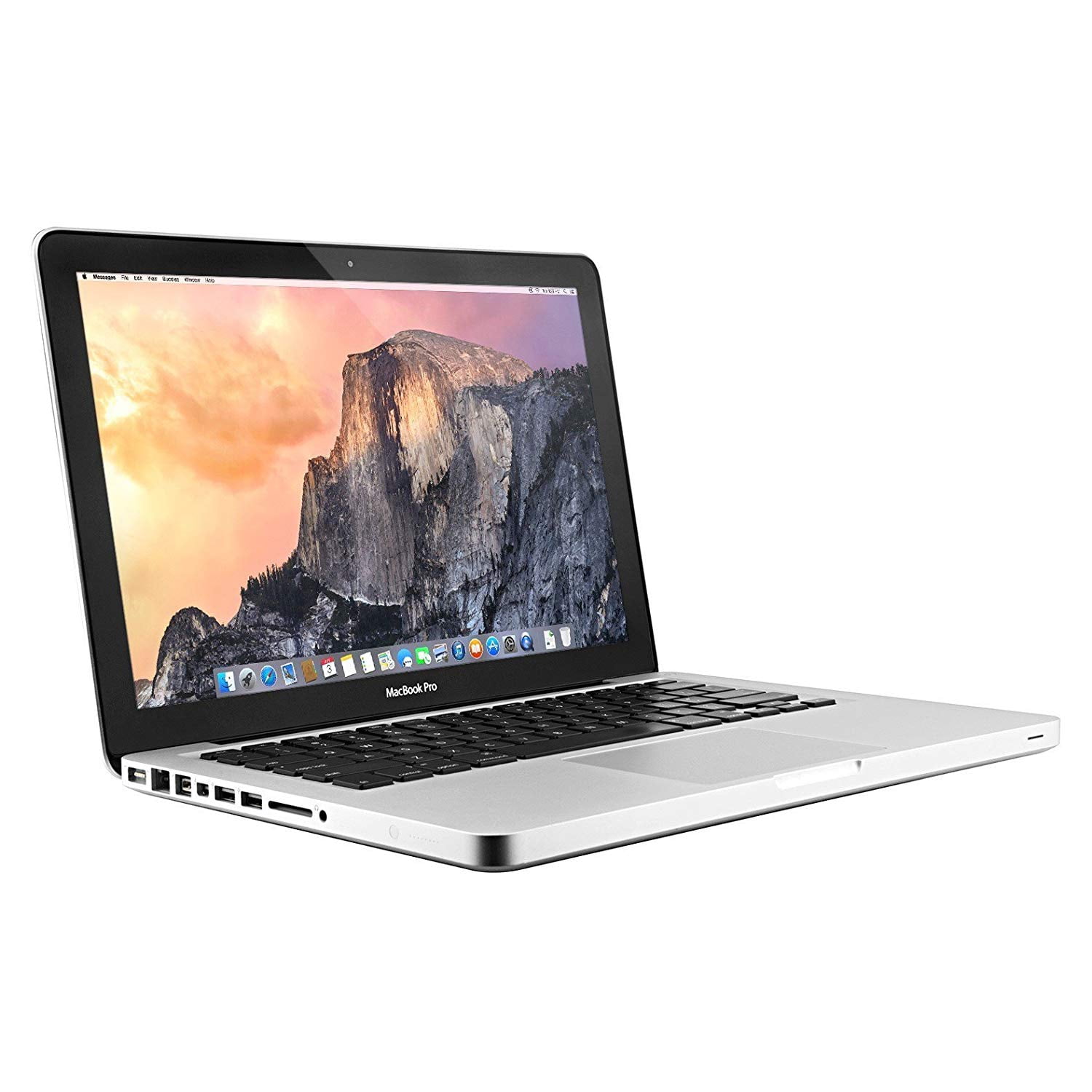
- Upgrade 2012 macbook pro or buy new how to#
- Upgrade 2012 macbook pro or buy new upgrade#
- Upgrade 2012 macbook pro or buy new pro#
The drives come with two obvious tradeoffs, however. If you're like me and finding a traditional platter-based hard drive is too slow, swapping out your internal hard drive with a solid state drive (SSD) is a great way to see immediate and often startling improvements in data access speed on your system. You can buy a hard disk with higher storage and replace it yourself on those models, but considering the price you'll pay for a laptop-class hard drive versus an external drive of the same or higher capacity, it's probably not worth it unless you vitally need a terabyte of data to follow you around everywhere.
Upgrade 2012 macbook pro or buy new pro#
If the problem facing your hard drive is that it's running out of space, unless you have a Mac Pro (which makes swapping in a new drive trivial) I'd recommend buying an external drive instead of replacing the internal drive, especially if you have a MacBook or MacBook Pro. If your Mac came with a slower 4200 or 5400 RPM hard drive, like mine did, you may find that to be a huge performance bottleneck once your physical RAM fills up and OS X starts using your hard drive to supplement it with virtual memory.
Upgrade 2012 macbook pro or buy new upgrade#
The next best thing you can do for your Mac is upgrade its hard drive, though this is a more complicated procedure and one that's probably not going to be as easy to pull off on an iMac or Mac mini ( if you can even do it at all). RAM upgrades are not complicated in the slightest, and if you're even moderately competent with tools, there's no reason to pay someone else to do it for you. In most cases the only tool you'll need is a screwdriver.
Upgrade 2012 macbook pro or buy new how to#
Apple even includes instructions on how to self-upgrade the RAM in the instruction book that comes with your Mac, and they're also on Apple's support site. If your Mac can handle 8 GB of RAM, and you can handle laying out the money for it, then go for it.Ĭontrary to popular belief, upgrading your Mac's RAM by yourself does not void your AppleCare warranty. Even the 4 GB I have in my Mac often doesn't feel like it's enough, especially since Safari seems to leak memory like a sieve. While OS X Lion's minimum RAM requirement is only 2 GB, I've found it suffers tremendous performance bottlenecks with that little RAM. If you're finding your Mac is running a bit slower than you'd like, the best thing you can do for it is to throw more RAM in there. If your Mac is still covered under AppleCare, still runs all the applications you need to run, and isn't showing any signs of decrepitude, there's probably no real reason to buy a new one at this point.

I've broken things down in stages, based on the age of the Mac you have now.Ġ-2 years old: Consider upgrading your current hardwareĪny Mac this young is fully capable of running OS X Lion, and there's nothing stopping you from syncing it with the latest iOS devices other than keeping iTunes up to date. But if you're like me and finding that your older hardware is getting in the way of your workflow, it's probably time to start asking the hard questions. Note that this is only a recommendation if you're perfectly happy chugging along on that OS X Tiger-running PowerBook G4 from 2004, don't let me stop you. I've worked out a decision path below that should help guide you in your choice. Several factors are complicating my decision to upgrade or replace my current Mac, and these are pretty common questions that every Mac owner is going to have to answer for themselves eventually. I've got a choice between throwing in another 2 GB of RAM and replacing my dog slow HDD with a much zippier SSD, or just ditching my current Mac altogether and replacing it with a current MacBook Air. Installing OS X Lion on my Early 2008 MacBook Pro has made it clear my hardware isn't humming along the way it used to. I'm facing that "upgrade or buy new" question myself right now. In fact, I used to be one of those people my first Mac was a 1998 PowerBook G3 that I bought used in 2004 and used until 2007. It's a lot easier to justify replacing some $500 Dell econobox after a few years, since it's probably got one foot in the grave by that point anyway, but I've known people who happily trundle along on Mac hardware that's nearly a decade old.


In a lot of cases, owning a Mac can complicate this answer simply because the darned things are so long-lived. "Should I upgrade the Mac I have or buy a new one?" It's a question that faces every one of us at some point, and it's not always easy to answer.


 0 kommentar(er)
0 kommentar(er)
